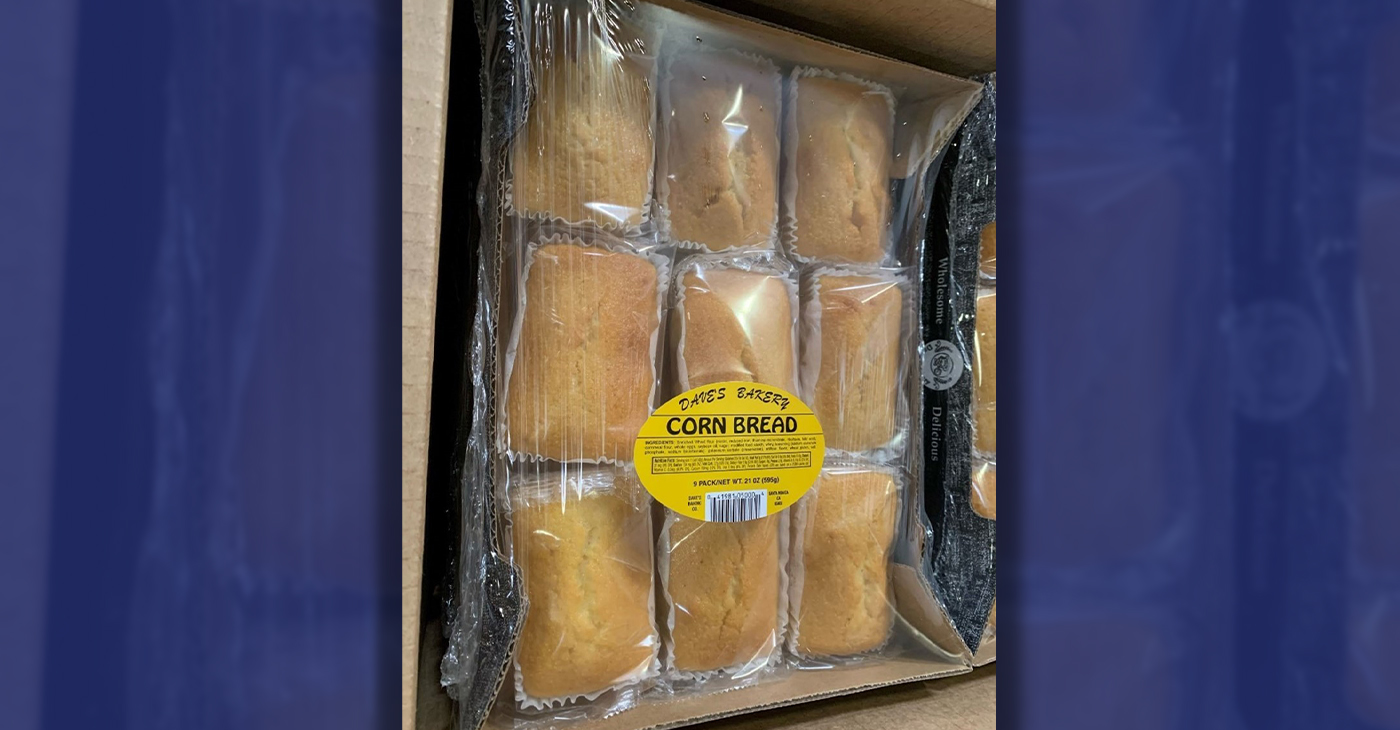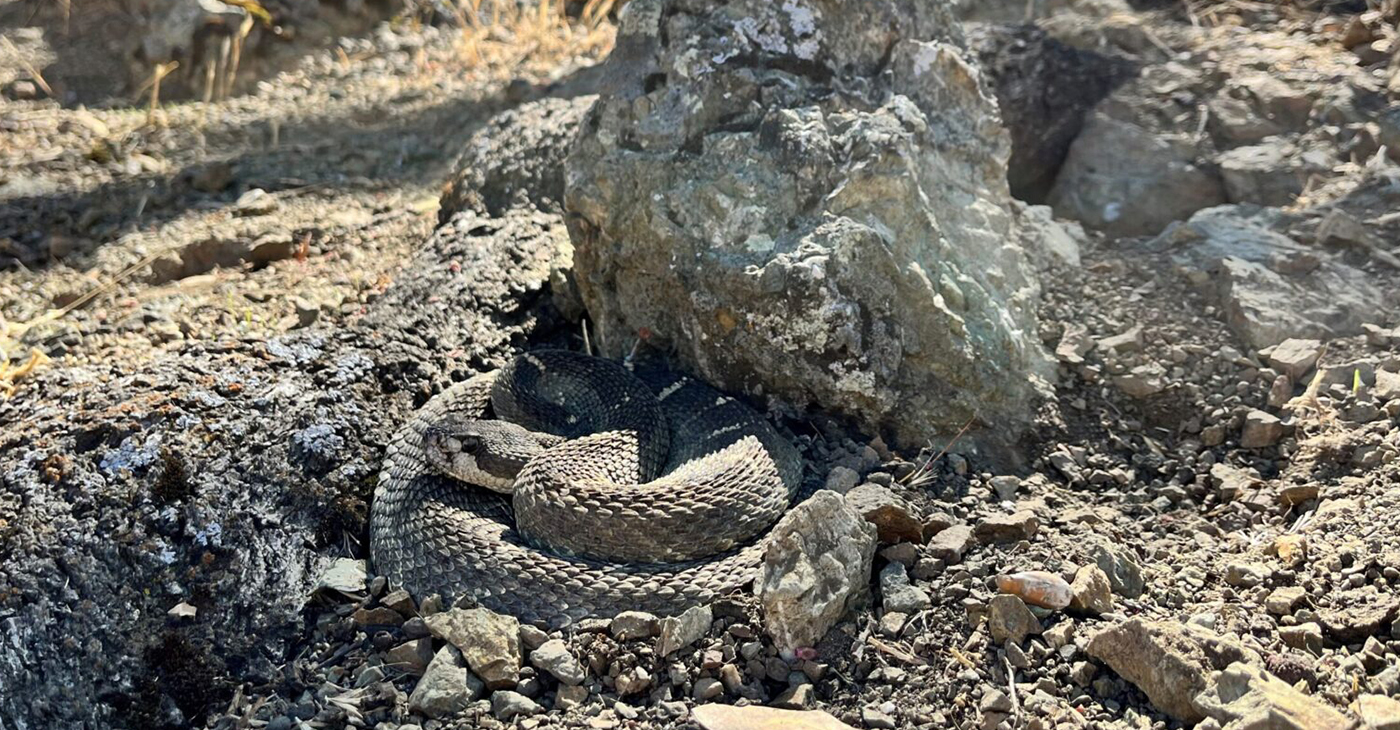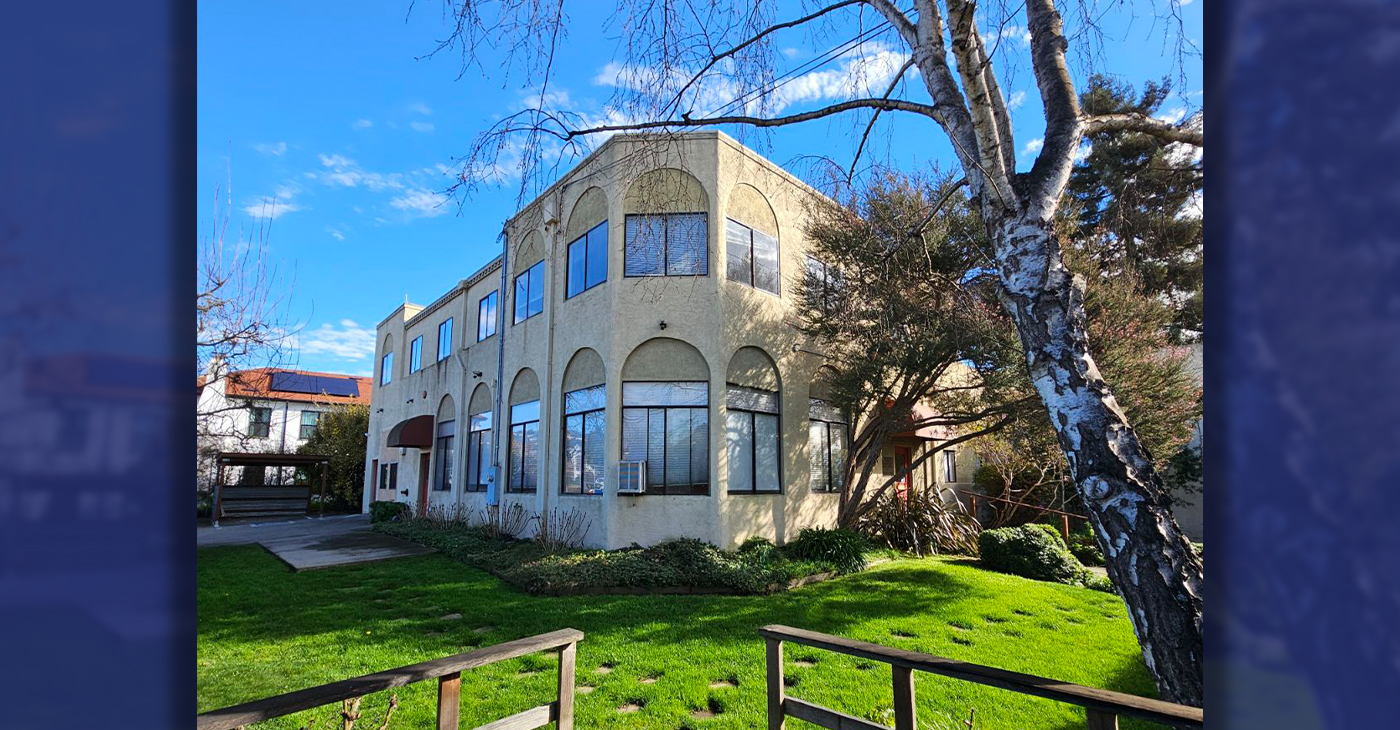Health
Undocumented Immigrants in Flint Denied Free Water, Scared to Get Help
By Casey Tolan, Fusion
While the state government mobilizes a massive response to the water crisis in Flint, handing out bottled water and filters to residents affected by lead-contaminated tap water, undocumented residents here feel left out.
Many undocumented people say that either they’ve been turned away from free water or are worried that they’ll be deported if they try to get help. Some who don’t speak English only learned about the problems with the water in the last few days, and have been drinking contaminated tap water for months.
Officials at some fire stations—where the National Guard is distributing free bottled water and filters—have asked residents for a form of identification. Immigrants in Michigan without legal status are unable to receive driver licenses or state IDs.
“I went to ask for water from the fire station, and they asked for my social security number, so I left,” said Estella Arias, an undocumented immigrant from Mexico. “I feel bad that I can’t get the help… I don’t want to expose my kids to lead.”
State officials say that as of Friday night, they are no longer turning anyone away for lack of identification, and were only asking in the first place in order to track where their resources are going.
But undocumented people here say that policy is not being implemented across the board. Officials at some fire stations simply hand anyone who walks in a case of water, while others demand identification.
“Once word of mouth ripples through the community that you have to have ID, it’s too late,” said Susan Reed, the managing attorney at the Michigan Immigrant Rights Center.
Moreover, when National Guard officers go door to door to deliver water to elderly and disabled people, undocumented immigrants are unlikely to open their doors. Rumors are flying about the Obama administration’s undocumented immigration raids nationwide, and on social media, immigrants encourage one another to keep the door shut.
There’s also a lack of awareness about the water problem to begin with. Most Flint residents have known not to drink the tap water for months, at least since state officials acknowledged the elevated lead levels in October. But with no local Spanish-language radio station or TV channel, some undocumented people who don’t speak much English simply don’t know about what’s going on.
Maria, another undocumented immigrant who asked not to use her last name, said she only heard about the water problem three days ago, and had been drinking tap water regularly until then. She’s developed a bad rash on her legs, and thinks it’s from the water. Like most undocumented, though, she doesn’t have any health insurance.
If National Guard troops were to come and knock on her door, Maria said, she wouldn’t open it.
“Rule number one is never open the door,” she said. And she has good reason: three decades ago, when she lived in Texas, immigration officers came knocking. “My daughter opened the door, and they took us,” she said—her family was deported to Mexico. (“But we came back,” she added with a laugh.)
When no one answers the door at a house, officers leave a flyer with information about how to get free water delivered—but it’s only in English. The directions for using some of the free water filters, and for when to replace them, are also only in English.
Community
Calif. Dept. of Public Health: Got Milk Allergies? Don’t Eat Dave’s Bakery Cornbread
The California Department of Public Health (CDPH) issued a warning on Jan. 26, instructing consumers with milk allergies or “severe sensitivity to milk” in the state to not eat Dave’s Bakery Corn Bread due to “risk of illness.” The CDPH warns that consumption of the corn bread manufactured by a Gardena-based company — with expiration dates up to June 18, 2024 — may lead to “life threatening” reactions.

By California Black Media
The California Department of Public Health (CDPH) issued a warning on Jan. 26, instructing consumers with milk allergies or “severe sensitivity to milk” in the state to not eat Dave’s Bakery Corn Bread due to “risk of illness.”
The CDPH warns that consumption of the corn bread manufactured by a Gardena-based company — with expiration dates up to June 18, 2024 — may lead to “life threatening” reactions.
“This warning applies only to the Corn Bread produced by Bake R Us, DBA Dave’s Baking Company and distributed to schools, retail facilities and in vending machines primarily in southern California,” the DCPH statement reads.
“This product should not be confused with other similarly named companies with national distribution,” it continues.
According to the CDPH, although the corn bread product contains whey, which is a milk allergen, there is no allergy warning label on the packaging, though it is required by state law.
So far, authorities say, no illnesses have been reported in the state, but if anyone finds the products on sale anywhere in the state, they should call the CDPH complaint hotline at (800) 495-3232 or file a report online at CDPH.ca.gov
The CDPH is also recommending that people who have eaten the product and are experiencing any reaction or ill effects should consult their health care provider.
Bay Area
East Bay Regional Park District Issues Rattlesnake Advisory
The East Bay Regional Park District released an advisory today on rattlesnakes, which emerge from winter hibernation in early spring and become more active. Warm weather can bring more potential for rattlesnake encounters with humans and dogs, particularly along trails and roads.

The Richmond Standard
The East Bay Regional Park District released an advisory today on rattlesnakes, which emerge from winter hibernation in early spring and become more active.
Warm weather can bring more potential for rattlesnake encounters with humans and dogs, particularly along trails and roads.
Visitors are encouraged to avoid hiking alone in case of an emergency, to scan the ground ahead as they walk, jog or ride, stay on trails avoiding tall grass, and to look carefully around and under logs and rocks before sitting down. Keep your dog on your leash to be extra safe, park officials said.
If you encounter a rattlesnake, leave it alone – it is unlawful to capture or harm one. Move carefully and slowly away or around it and give it plenty of space, park officials said.
Those who are bitten by a rattlesnake are instructed to stay calm by lying down with the affected limb lower than the heart, then having someone call 911.
Getting medical attention is critical.
Those bitten should not use tourniquets, “sucking,” or snake bite kits. If you are by yourself, walk calmly to the nearest source of help to dial 911, do not run.
If bitten by any other type of snake, wash the wound with soap and water or an antiseptic and seek medical attention.
Not sure what bit you? Check the bite for two puncture marks (in rare cases one) associated with intense, burning pain, which is typical of a rattlesnake bite. Other snakebites can leave marks without associated burning pain.
The Northern Pacific rattlesnake is the species found in East Bay Regional Parks. Snakes are important to the natural environment, helping to control rodents and other reptile populations. But enjoy them from afar.
For more information, download the Park District’s Common Snakes brochure or watch our Gopher Snake or Rattlesnake video to learn how to tell the difference between rattlesnakes and gopher snakes. Additional information is available at ebparks.org/safety/wildlife-encounters.
Alameda County
A Safe Place, Bay Area Domestic Violence Community Organization, Opens New Service Center in Oakland
Oakland-Bay Area non-profit, A Safe Place, announces the grand opening of its newly purchased building in Oakland that will be a service center for families that have suffered from domestic violence. The new, two-story building has over six new service rooms for counseling, mental health support groups, legal services, children’s treatment, safe space for community engagement, and partnership activities.

By Courtney Slocum Riley
Special to The Post
Oakland-Bay Area non-profit, A Safe Place, announces the grand opening of its newly purchased building in Oakland that will be a service center for families that have suffered from domestic violence.
The new, two-story building has over six new service rooms for counseling, mental health support groups, legal services, children’s treatment, safe space for community engagement, and partnership activities.
Domestic violence occurrences and offenses account for a considerable amount of all violent crimes in Alameda County. A Safe Place is attempting to provide a safe place for families to heal. A Safe Place is the only comprehensive domestic violence assistance program including a safehouse, in Oakland.
The grand opening celebration will also serve as a fundraiser to build out healing, therapeutic spaces for children and adult victims and survivors and survivors of domestic violence (male and female).
The new service center will expand the work of the organization, founded in 1976 when a group of women working in San Francisco came together to address the urgent need for a shelter in the East Bay. A year later, they founded A Safe Place (ASP) in Oakland. Run solely by volunteers, they set up a crisis line to offer crisis counseling and information to battered women and their children.
The organization serves over 500 adults and children annually through a host of services including crisis counseling via 24-hour crisis line, emergency motel and safehouse sheltering, mental health services (counseling and support groups).
Under the leadership of Executive Director, Carolyn Russell, the organization has grown from a single program into the comprehensive domestic violence and assistance program. ASP strives to meet the growing and diverse needs of our growing community.
The organization hopes to complete all the upgrades and therapeutic room improvements by August 2024. The public is invited to donate to the effort by using the website at www.asafeplace.org/donate. The organization also accepts in-kind gifts as well as items from the organization’s Amazon Wishlist.
-

 Community3 weeks ago
Community3 weeks agoFinancial Assistance Bill for Descendants of Enslaved Persons to Help Them Purchase, Own, or Maintain a Home
-

 City Government5 days ago
City Government5 days agoCourt Throws Out Law That Allowed Californians to Build Duplexes, Triplexes and RDUs on Their Properties
-

 Business3 weeks ago
Business3 weeks agoV.P. Kamala Harris: Americans With Criminal Records Will Soon Be Eligible for SBA Loans
-

 Activism2 weeks ago
Activism2 weeks agoOakland Post: Week of April 24 – 30, 2024
-

 Activism4 weeks ago
Activism4 weeks agoOakland Post: Week of April 10 – 16, 2024
-

 Community3 weeks ago
Community3 weeks agoAG Bonta Says Oakland School Leaders Should Comply with State Laws to Avoid ‘Disparate Harm’ When Closing or Merging Schools
-

 Community3 weeks ago
Community3 weeks agoRichmond Nonprofit Helps Ex-Felons Get Back on Their Feet
-

 Community3 weeks ago
Community3 weeks agoOakland WNBA Player to be Inducted Into Hall of Fame












































